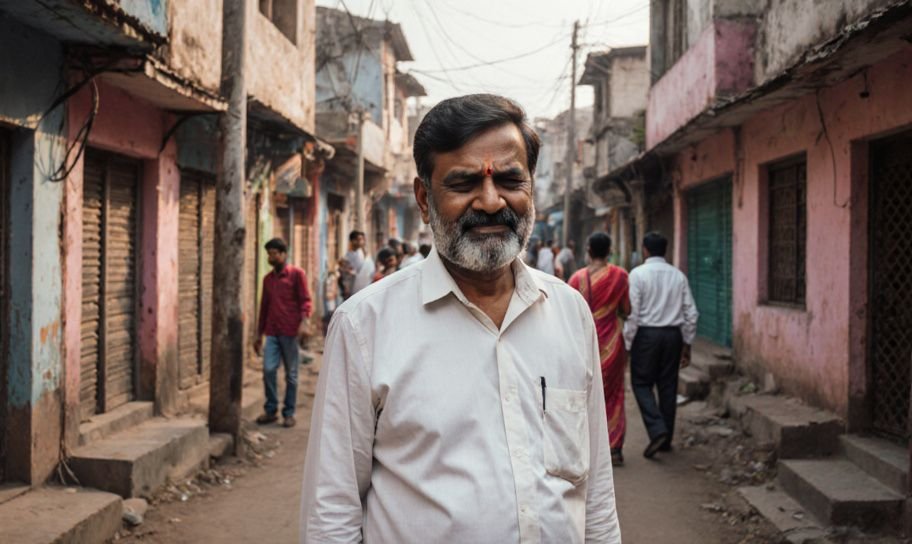
Quick Summary: The Bombay High Court criticized the State Government for automatically issuing detention orders under the Maharashtra Prevention of Dangerous Activities Act, 1981. The court found that these orders were made without proper reasons and didn't consider individual situations.
This case involved several complaints against detention orders under the Maharashtra Prevention of Dangerous Activities Act, 1981. Akshay Bhaskar Sahare and others argued that their right to freedom was being taken away without good reason.
Justice Anil L. Pansare and Justice Siddheshwar S. Thombre observed that the State Government issued the same detention orders in different areas, showing they didn't think about each case separately. The judges stressed the need to consider each case individually.
"The orders for detention and their approval don't hold up under legal examination."
The court looked at Section 3 of the Act, which lets the State Government detain people to stop actions that could harm public order. The judges pointed out that these powers should be used wisely and with clear reasons.
The court found that the State Government issued orders in an "automatic way," using the same words in all cases. This was not enough to justify taking away someone's freedom.
"Such an order is a perfect example of an automatic way to judge the situation."
The court also looked at the role of the Advisory Board, which is supposed to check detention orders. The judges encouraged the Board to be more active in making sure detention orders are lawful.
The judges emphasized that the reasons for detention must be specific to each case. The orders should reflect the unique situation of each area instead of using a one-size-fits-all approach.
The court canceled the detention and approval orders, ordering the release of Akshay Bhaskar Sahare and the other petitioners unless they were needed in other cases. This decision reminds us of the importance of fair treatment and considering each person's situation when dealing with personal freedom.
"The petitions are allowed. The orders of detention and confirmation in respective petitions are canceled and dismissed."
This judgment highlights the need for careful thought and use of legal rules, ensuring that people's basic rights are not violated through random actions.